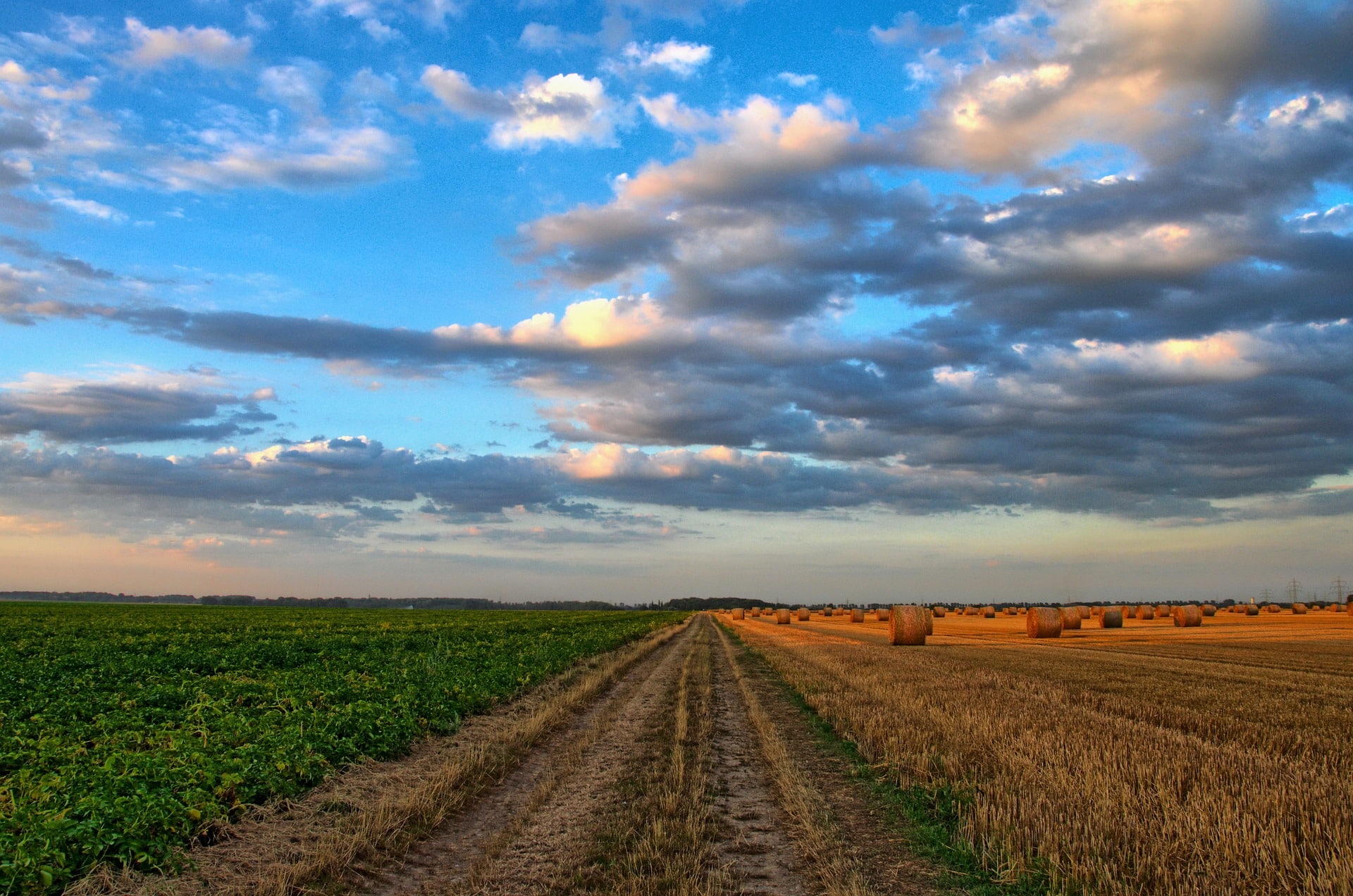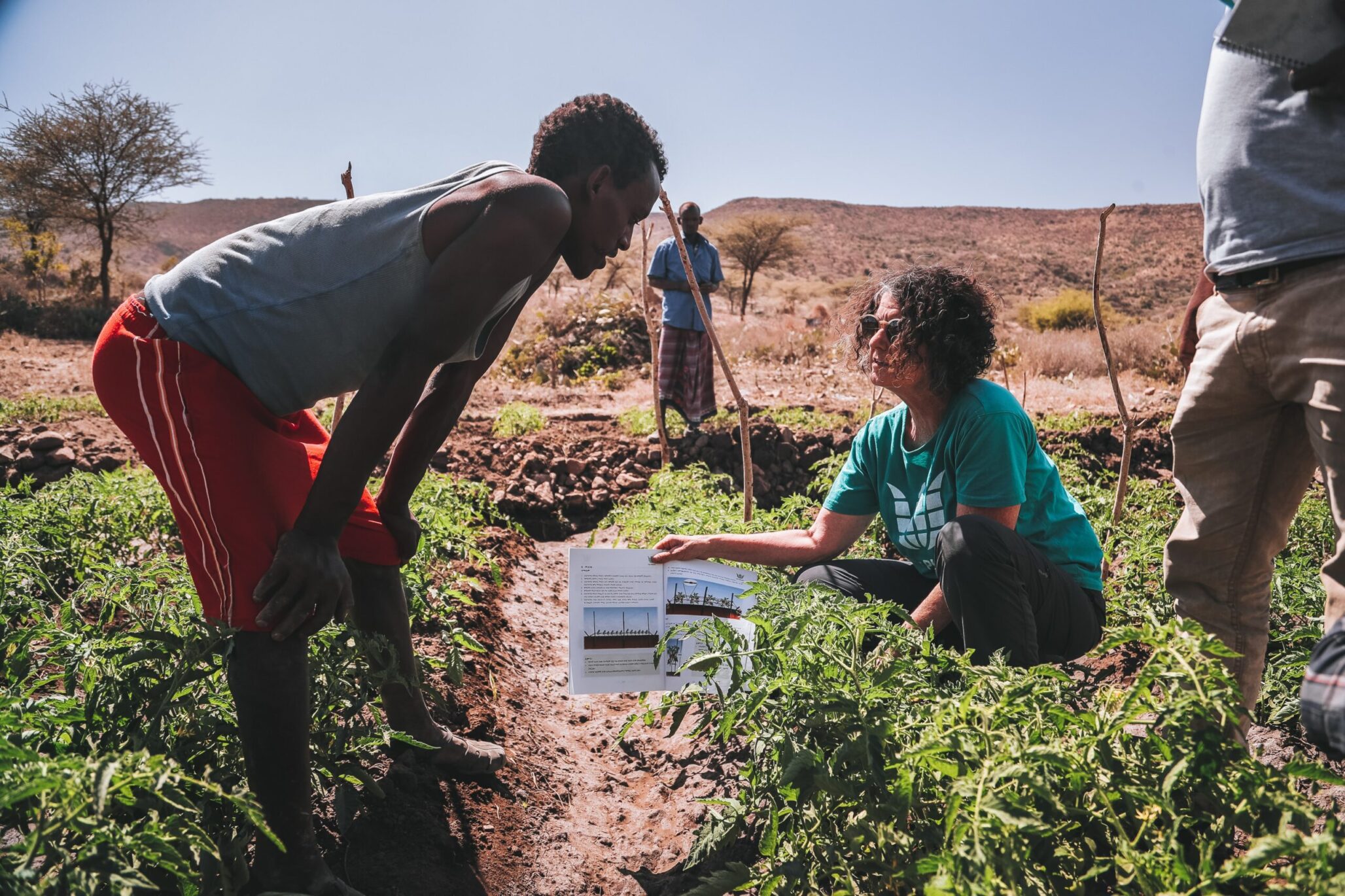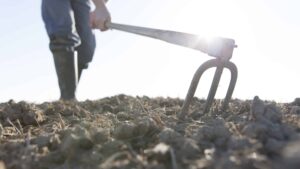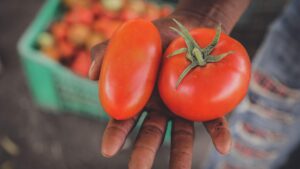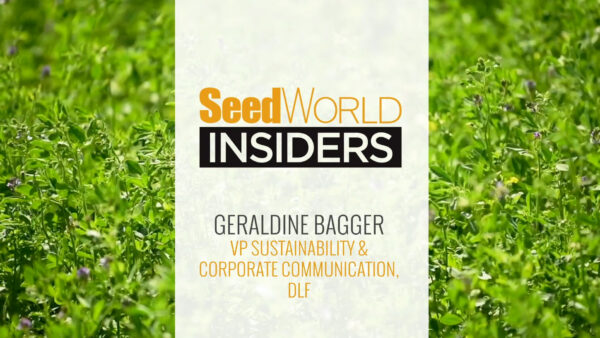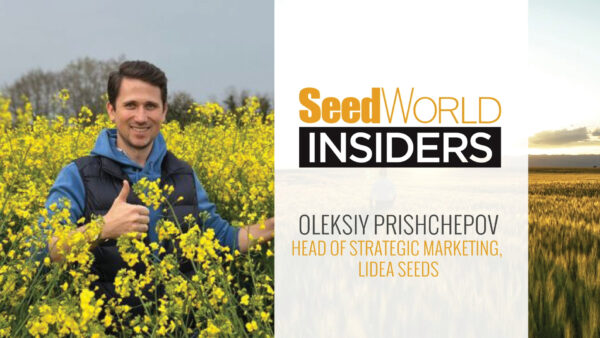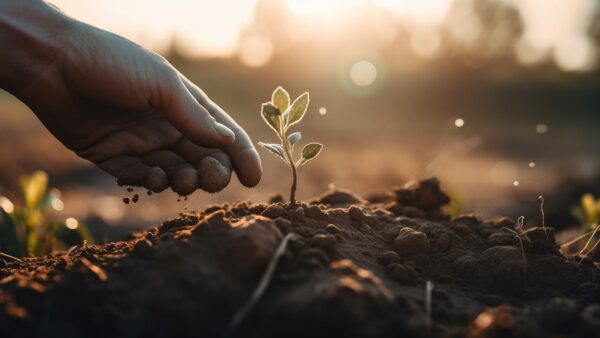Editor’s Note: This is part three of this article. Read part one and part two here.
For seed companies looking to get involved with the International Seed Federation’s Seed Resilience project, there are two ways in particular.
“The first way would be to become a partner. Seed companies that are interested in the Rwanda market can test their varieties locally and support the project’s budget,” Hélène Khan Niazi, ISF’s international agriculture manager, says. “They provide varieties based on local market needs, what farmers’ requirements need to be met and so on, and Fair Planet will select the best performing ones and train local trainers and farmers how to improve their productivity and income from farming. Seed companies are really encouraged to become project partners.
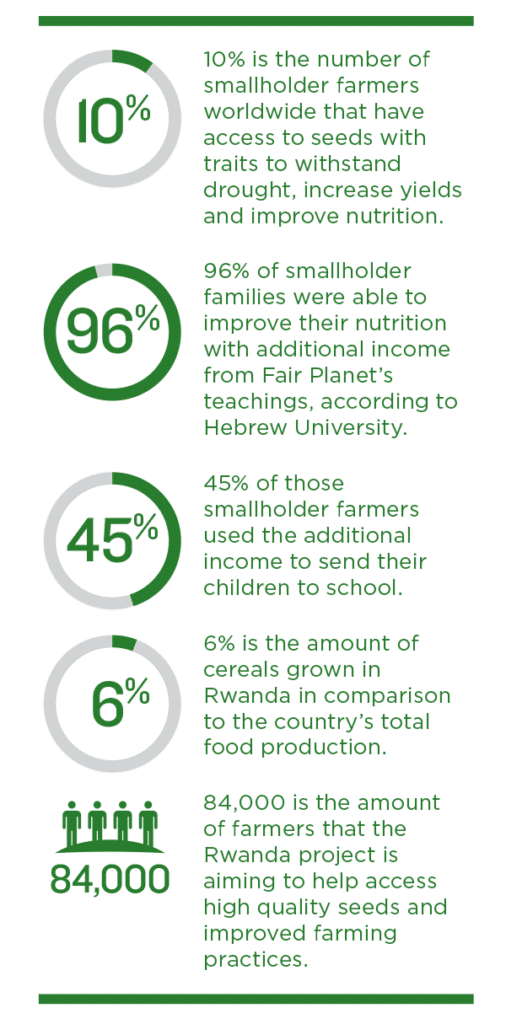
“The second way would be to become a sponsor by simply giving a financial contribution. If for some reason you don’t want to provide varieties and you’d rather just support the ISF project, you can make a financial endowment directly to Fair Planet,” she continues. “It’s important to note that ISF itself does not contribute directly to the project’s budget. This should be covered by the ISF member companies, either as partners or sponsors.”
And though Rwanda is a smaller country, the Seed Resilience project is looking to have a major impact.
The five-year project is aiming to provide 84,000 farmers access to high-quality seeds and improved farming practices in Rwanda, which should lead to a sustainable increase in yields, quality and income. It’ll provide and improve the local Extension service with 600 local trainers and is projected to improve the livelihood of over 360,000 people.
“Even though Rwanda is small compared with other African countries, its high level of infrastructure and entrepreneurship can lead to a development of produce export to many countries in central Africa, thus creating a larger seed market for participating seed companies, while contributing to the livelihood of smallholder farmers in Rwanda,” Shoshan Haran, president and founder of Fair Planet, says. “This ISF project will also serve as a model for future projects aiming to increase food and nutrition security in other countries.
“For me, personally, it’s a dream come true: the reason I founded Fair Planet was to bridge the gap between the best seeds in the world and the poorest farmers and with this initiative, my dream is becoming a reality.”


